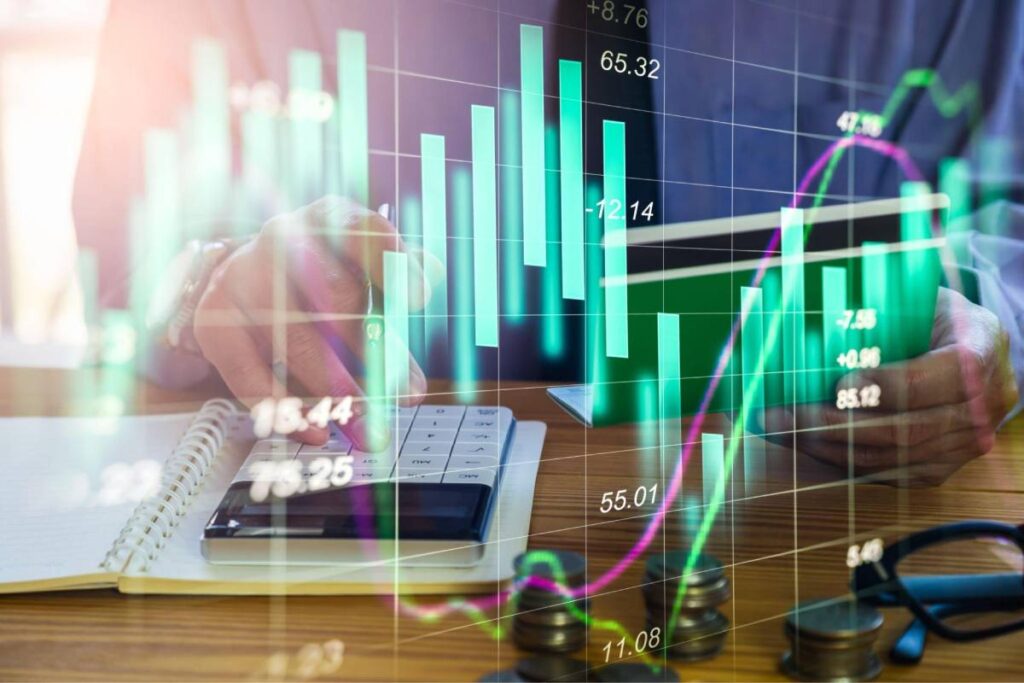When diving into the world of online trading, a clear understanding of currency exchange can be your greatest ally. With the rise of platforms like FBS and leveraging the power of a professional trading account, it’s never been easier for traders to navigate the global market. However, making the most of these advanced tools requires an in-depth knowledge of how currency values fluctuate and influence your trades. This article aims to demystify the intricacies of currency exchange, providing valuable insights to help you optimize your trading strategies.
Understanding the Basics of Currency Exchange
Currency exchange is a cornerstone of the global trading ecosystem. It refers to the process of changing one currency into another, a common practice in international trade and investment. In the realm of online trading, understanding the dynamics of currency exchange can significantly impact your trading performance.
Key aspects of currency exchange include:
- Exchange Rate: The value of one currency for the purpose of conversion to another.
- Forex Market: The global marketplace for buying, selling, and exchanging currencies.
- Currency Pair: Two currencies that are being traded against each other.
- Quote Currency: The second currency in a currency pair.
- Base Currency: The first currency in a currency pair.
Once you’ve grasped these fundamental concepts, you can begin to explore how shifts in the global economy and political landscape can dramatically influence currency values. In the following sections, we’ll delve into these influences and provide strategies for managing currency exchanges risk in your trading activities.
How Political Events Influence Currency Value
Political events have a profound impact on currency value, leading to fluctuations in the forex market. This is primarily because political stability or instability significantly influences a country’s economic health. For instance, elections, policy changes, and international diplomatic events can cause shifts in investor confidence, causing currency values to rise or fall.
Moreover, geopolitical tensions and conflicts can also lead to substantial volatility in currency values. Traders who can accurately predict the outcomes of these events stand to make significant profits. However, understanding these dynamics requires a keen eye on global events and an understanding of how they might influence the markets.
Strategies for Managing Currency Exchange Risk
Currency exchanges risk is an inherent part of forex trading. While it’s impossible to eliminate it entirely, there are strategies that traders can use to manage and mitigate these risks:
- Diversification: Spreading investments across various currency pairs can help reduce exposure to any single currency’s volatility.
- Hedging: This involves taking an offsetting position to protect against potential losses in a specific trade.
- Limit Orders: These are instructions to execute a trade at a specific price or better, offering some protection against market volatility.
- Stop-Loss Orders: A type of order that closes a trade when it reaches a certain level of loss.
Implementing these strategies requires careful planning and a comprehensive understanding of the forex market. It’s also essential to keep in mind that all trading strategies carry some degree of risk. In the end, successful trading depends not just on knowledge and strategies, but also on discipline, patience, and the ability to remain calm under pressure.
Embracing Currency Exchanges as a Powerful Tool in Online Trading
As we navigate the ever-evolving terrain of online trading, mastering the art of currency exchange becomes increasingly vital. Understanding the basics, keeping a pulse on political events, and employing effective risk management strategies are all crucial steps towards becoming a proficient online trader. By harnessing the power of currency exchanges, you are not only equipped to weather the storms of market volatility but also poised to seize the opportunities that come your way.


